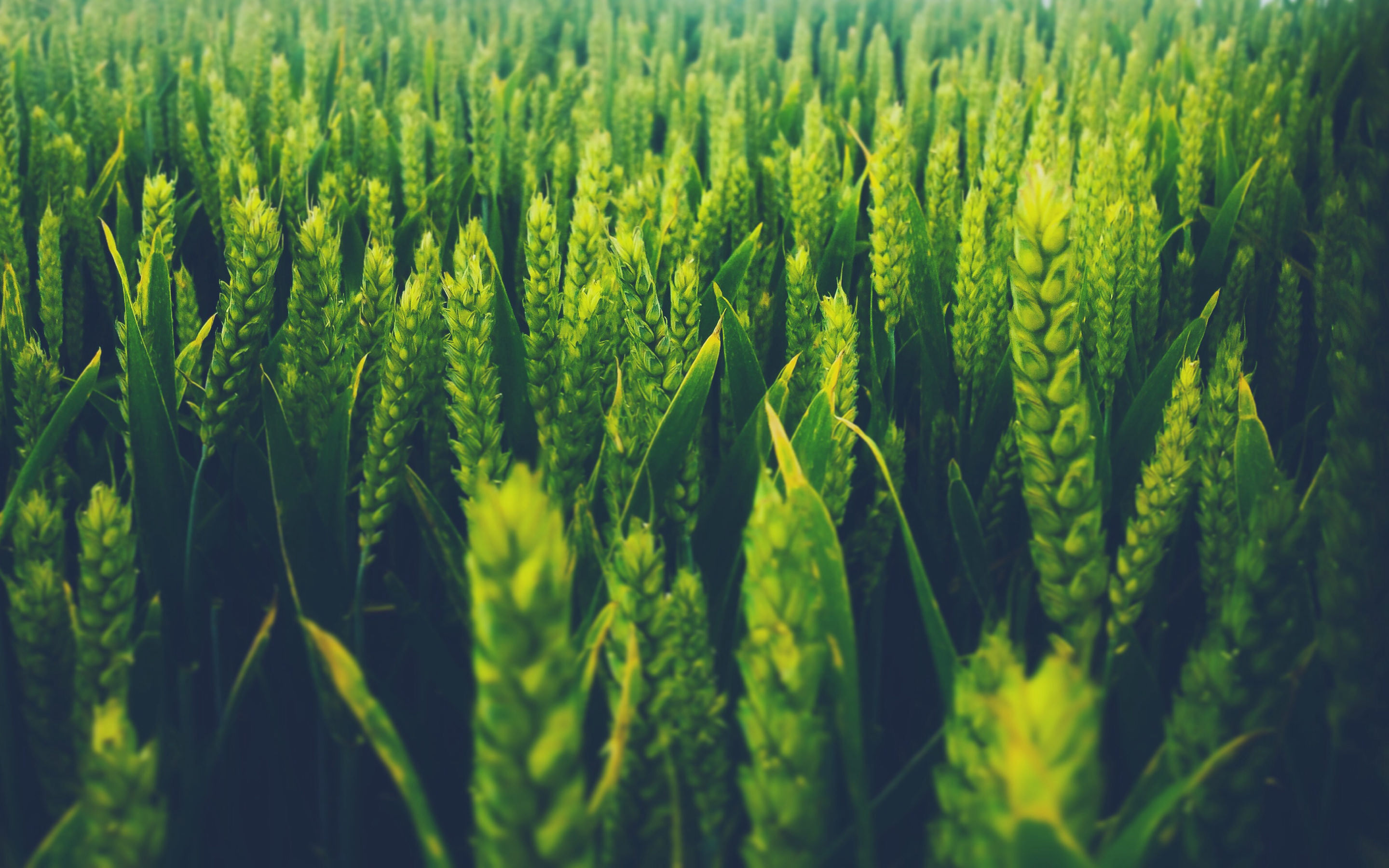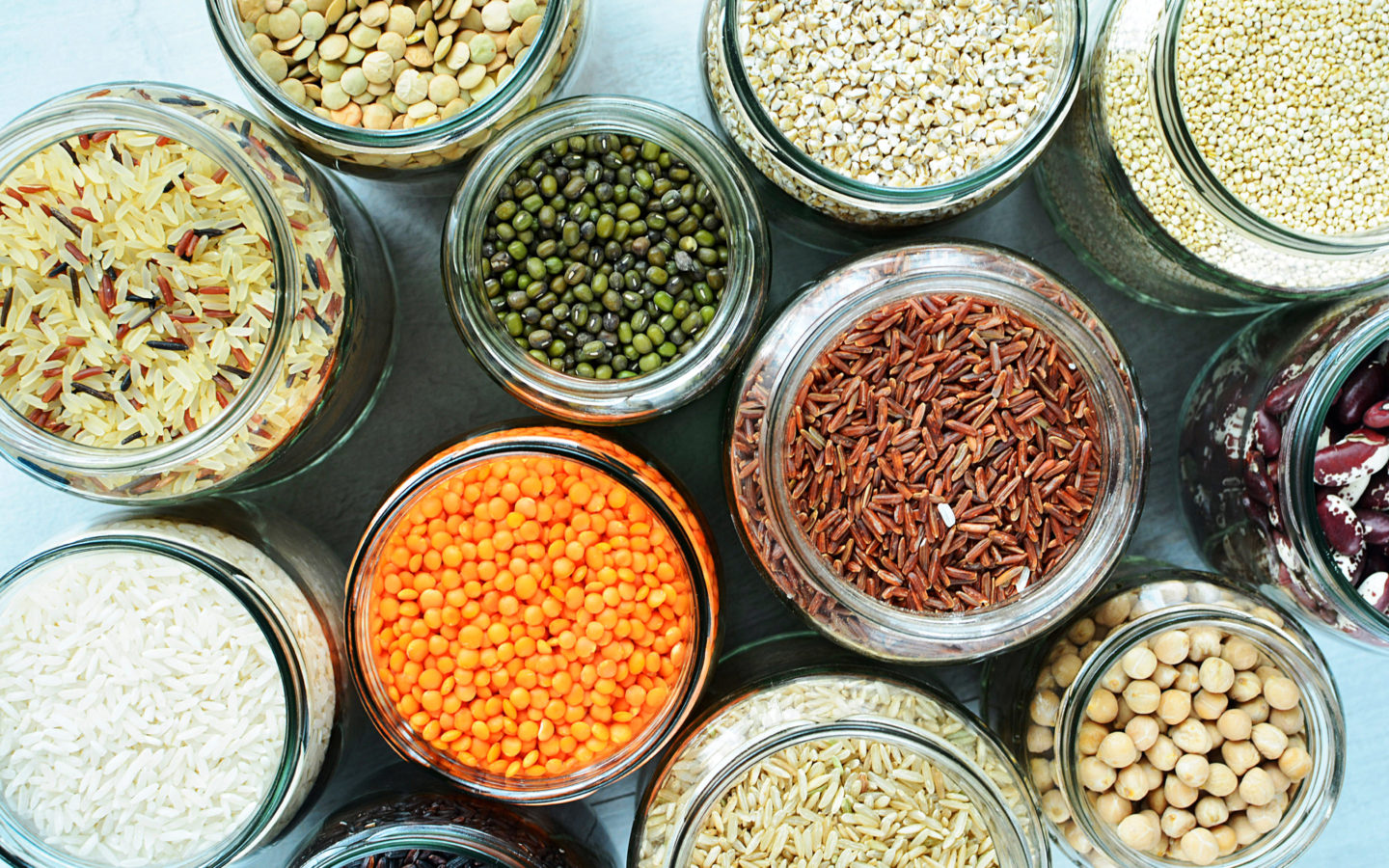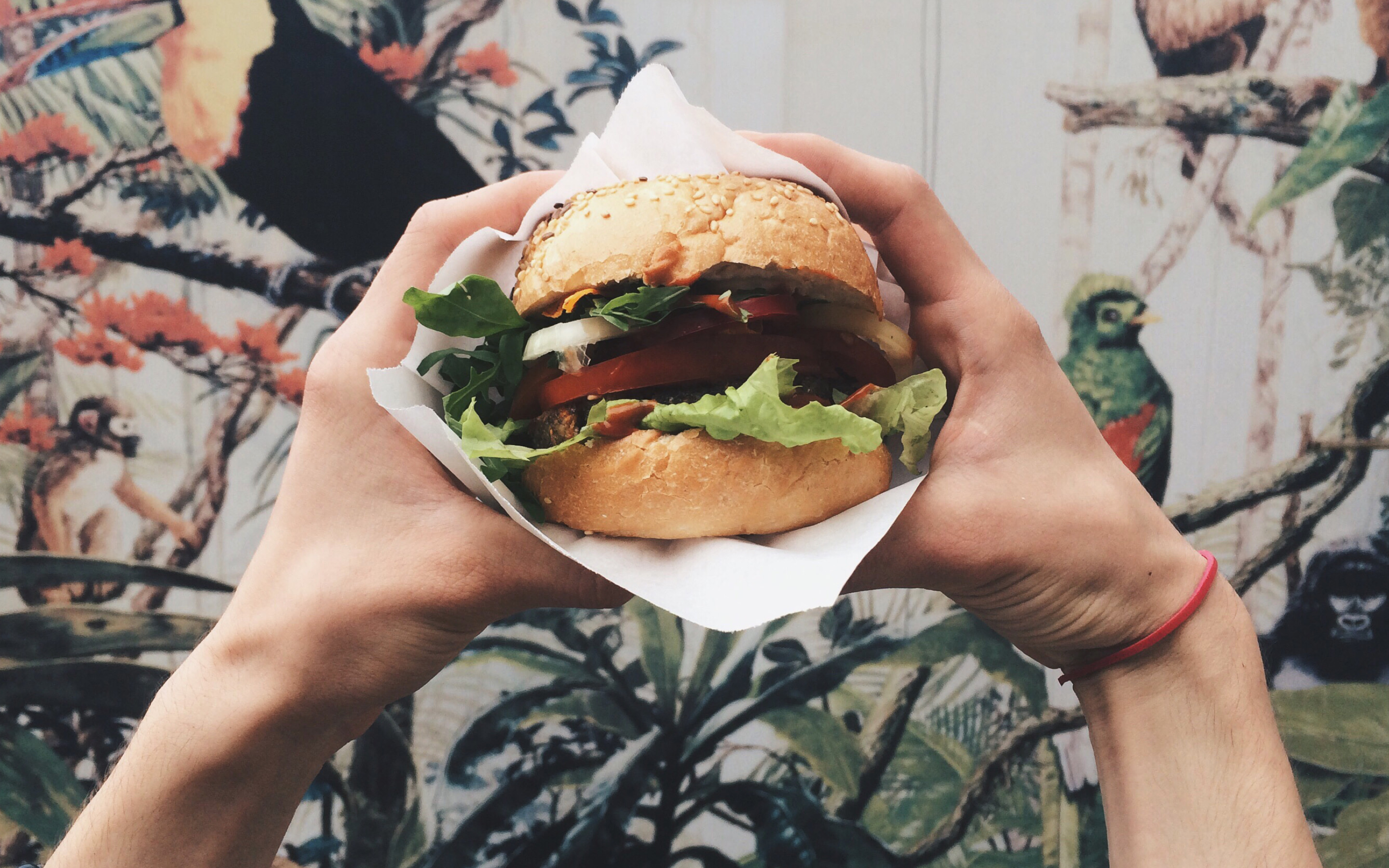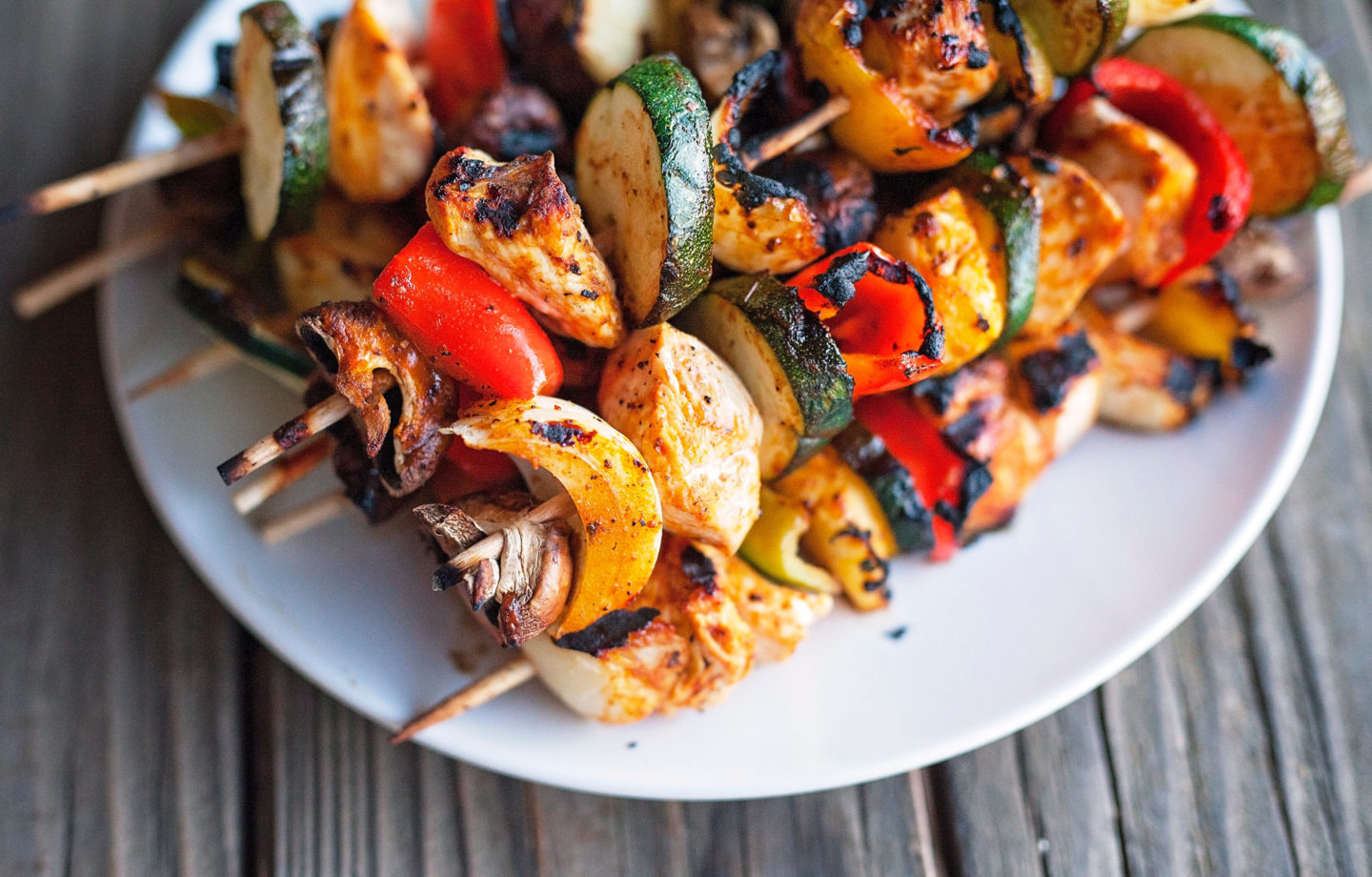We’ve all heard an earful in recent years of the benefits of a plant-based diet. From supporting better health to supporting a more sustainable ecosystem, cutting back on meat, whether going full-time vegan or vegetarian, or choosing a more “flexitarian” lifestyle that focuses more on plants and less on animal protein, has been shown to have a wealth of benefits.
2016 was even declared the International Year of Pulses – otherwise known as beans, seeds and legumes–as a way to heighten “public awareness of the nutritional benefits of pulses as part of sustainable food production aimed towards food security and nutrition”. But a push towards pulses was only one part of a larger effort to promote a more plant-based lifestyle. As news comes to light of the benefits of a plant-based diet for both the environment and our health, even the most hardcore omnivores have been shifting towards eating more plants.

If you already eat your broccoli, you might be thinking, what makes going plant-based so great for the earth? And what does “plant-based” mean, anyway? While everyone might have their own unique ideas of what “plant-based” really means, generally a “plant-based diet” means a diet consisting mostly of—or entirely of—well, plants. Picture your typical dinner plate and what’s on it… a standard American diet might feature a big steak, a scoop of mashed potatoes, and maybe some chopped veggies (hopefully fresh). Typical Monday night fare, right? Now make that plate plant-based: remove the steak, and add a big serving of green salad with a rainbow of veggies and a scoop of spiced, protein-rich chickpeas with a hunk of crusty bread on the side. Maybe a drizzle of olive oil and a sprinkle of Maldon salt (if you need more ideas, here are 31 chickpea recipes). Which meal do you imagine is better for the earth and for you? Increasingly, science is pointing towards the plant-based meal:
“Producing plant protein generally requires less land, water, and energy compared to producing animal protein and results in less GHGEs [greenhouse gas emissions] in aggregate. Meat and other animal products require more life cycle inputs per kilogram (kg) of product than plant products as well. Consequently, following a more plant-based diet is often considered the most effective strategy for systemically reducing GHGEs and agricultural land use related to food production and consumption.” (source)
To put it simply: it takes less land, water and energy to grow plants than it does to raise animals for protein. Therefore, eating more plants and less meat has a less stressful effect on the environment.
But the environment isn’t the only thing that benefits when we eat less meat. It shouldn’t come as much of a surprise, but shifting away from the Standard American Diet (hilariously S.A.D. for short) towards a more plant-based lifestyle has a number of benefits for our health, too. A well-balanced diet consisting of mostly plants has been shown to support cardiovascular health, potentially decrease the risk and instances of diabetes, and support mental health—to name just a few of the many benefits. The Mediterranean diet is a perfect example of a plant-based (but still flexible) diet that has been shown to have a number of benefits:
“The Mediterranean diet has been shown in both large population studies and randomized clinical trials to reduce risk of heart disease, metabolic syndrome, diabetes, certain cancers (specifically colon, breast, and prostate cancer), depression, and in older adults, a decreased risk of frailty, along with better mental and physical function.” (source)
Cutting back on animal protein and focusing more on plants may have a domino effect on wellbeing and quality of life. Learning to prepare satisfying meals consisting of mostly plants takes practice, but ultimately could lead to consuming less pre-packaged and processed food, which could lead to better-supported health. But going plant-based doesn’t have to necessarily mean going full-time vegan or veg (unless, of course, you want it to). Simply cutting back on the amount of animal protein you eat and focusing on the quality and quality-of-life of the meat you do consume can still make a world of difference. Ready to go plant-based? Here are four easy ways to eat less meat right now:
#1 – Practice “Meatless Mondays”

We’ve all likely heard the term “Meatless Mondays”, but did you know the idea was originally introduced during WWI to reduce consumption? Reintroduced in 2003 as a public health initiative, Meatless Mondays simply asks that we make our meals on Mondays vegetarian. Why? Along with the overall health benefits, skipping even just one serving of meat one day a week for a year could save the equivalent emissions of driving 348 miles in a car. Now imagine if EVERYONE did this one very simple thing—the environmental impact could be huge.
#2 – Try new proteins

Chickpeas, lentils, nuts, seeds… there’s a whole world of alternative protein sources out there, you just have to give them a chance. Try replacing an animal protein once a day with a plant-based option (swap your chicken for chickpeas, your morning eggs for oatmeal topped with nuts and swirled with nut butter, or your evening steak with a hearty lentil stew). Don’t know how to prepare plant proteins? All the better! Experimenting with plant-based proteins might even open up an entirely new world of cooking for you—check out some vegetarian cookbooks from the library and cook your way through them.
#3 – Make simple swaps

Protein shake after the gym? Try swapping your whey protein for a vegan option. Love fajitas for dinner? Swap the steak for meaty portobello mushroom strips and black beans. Do you eat a yogurt parfait for breakfast every morning? Experiment with plant-based yogurt options or try overnight oats or chia pudding instead (you can mix in some of that vegan protein powder for added oomph). Making these simple swaps for foods that are similar feels easy while still satisfying a craving for a favorite food.
#4 – Focus on less—and better—meat

If you do choose to eat meat, make your meals veggie-forward by focusing on plants first. Pile your plate with as many colors and textures as you can—think roasted root veggies topping a salad with some sauteed greens, or a big serving of steamed vegetables and cauliflower rice or brown rice taking up most of your plate, then add a small serving of responsibly-raised local meat if you feel like it. By focusing on local, better-quality and responsibly-raised meat, you’ll be supporting small farmers who work hard to give animals a better quality of life (which in turn produces meat that’s better for you) instead of factory farms, which deplete the land and have been shown to have atrocious conditions. By focusing on small and better— farms, servings, etc.—you’ll likely find yourself consuming fewer animal products.
Have you gone plant-based? Share your tips with us on social by tagging @AvocadoMattress and #AvocadoGreenMagazine!

Shop Pillows
The Essential Organic Pillow Collection
Gentle, breathable, non-toxic support.






